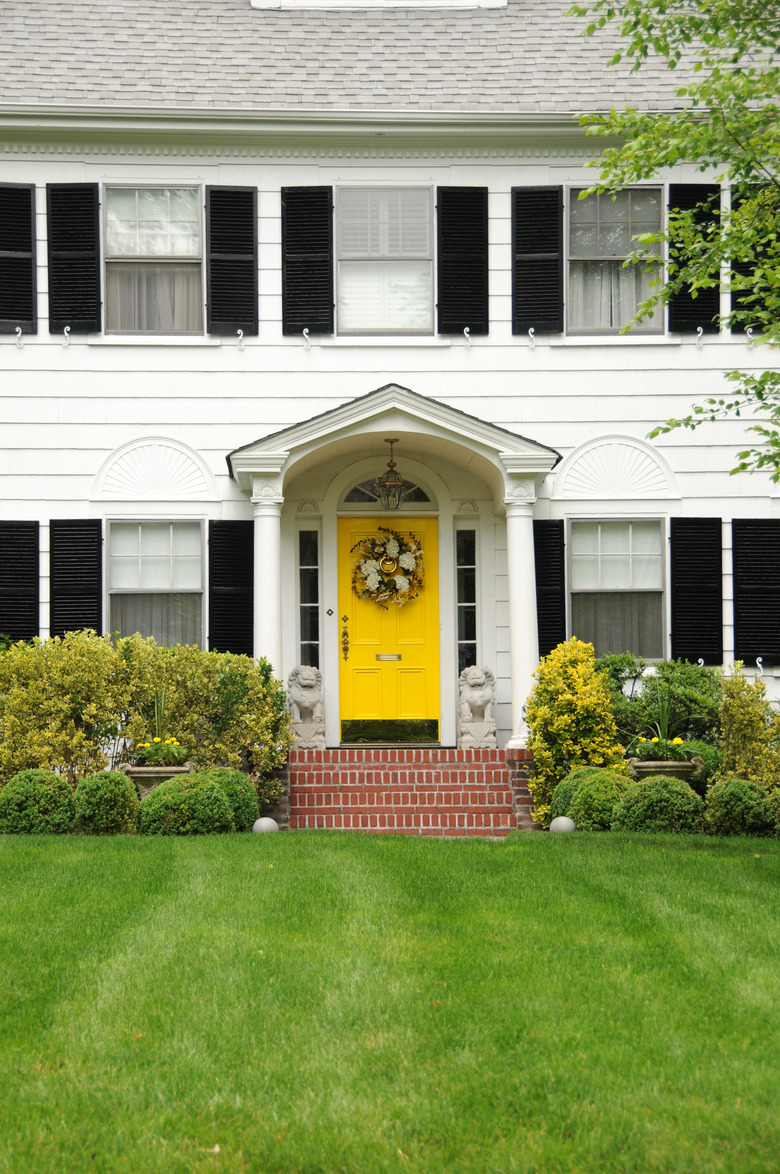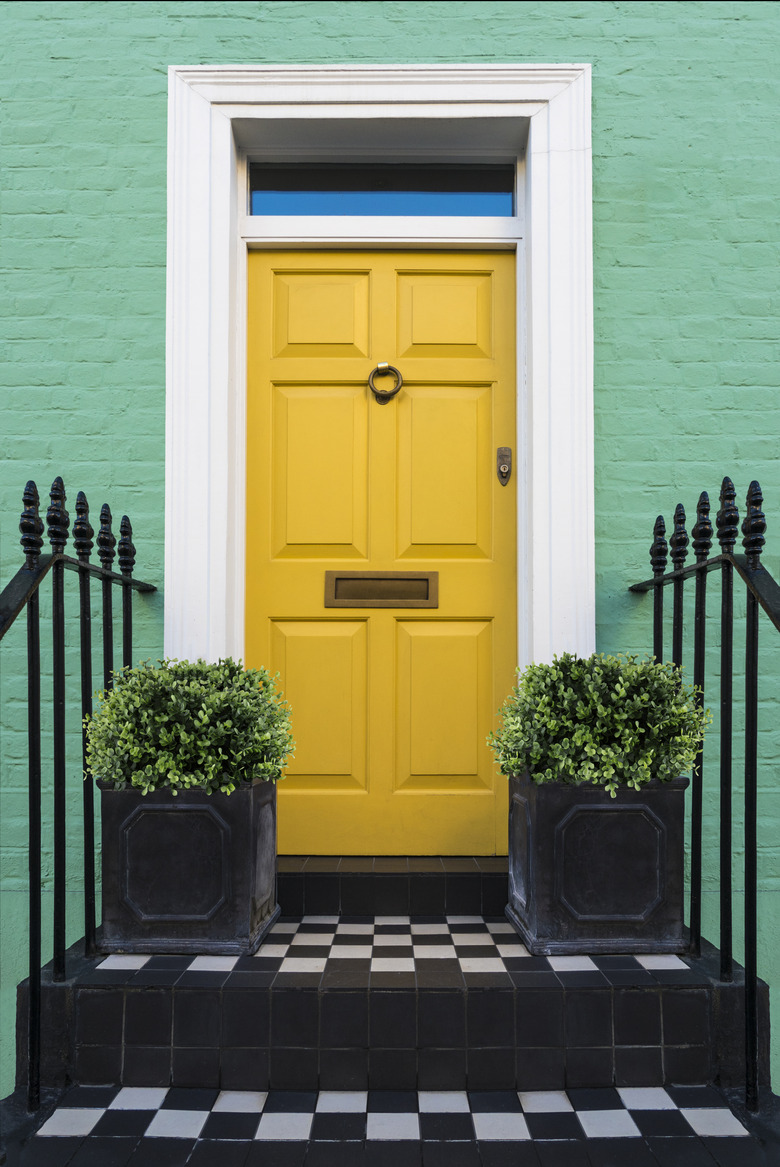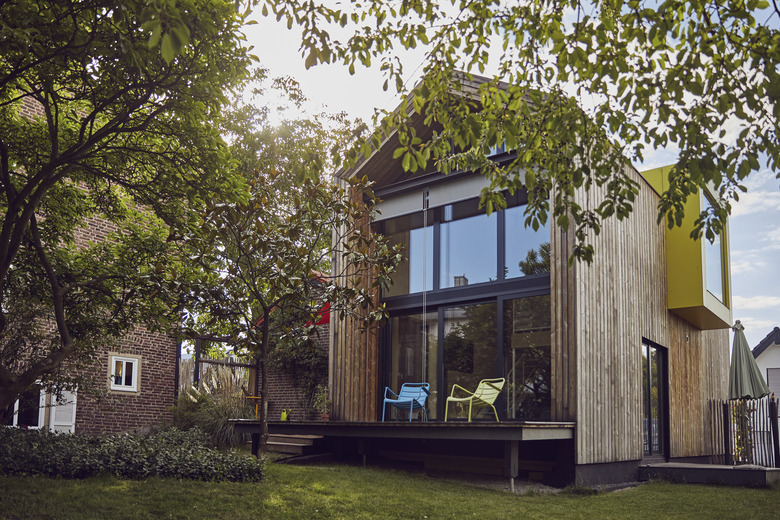How Much A Home Inspection Costs—And What's Included
All homebuyers, especially first timers, should order a home inspection before making a final decision, and the home inspection cost shouldn't be a deterrent. True, it's a few hundred dollars, but that's a small fraction of the amount you're about to spend on the house, and the inspection is well worth the cost (if nothing else but for the peace of mind). A home inspection report, which all home inspection companies should deliver at the end of the job, points out potential problems that the seller may not know about or may be hiding in an effort to sell the house expeditiously, and it's a negotiating tool as well as insurance against inheriting major repairs.
Certified home inspectors are professionals and are usually associated with groups like the American Society of Home Inspectors (ASHI), the International Society of Certified Home Inspectors (interNACHI) or the National Institute of Building Inspectors (NIBI). Members of these groups may also be contractors, but they ascribe to an ethical code that prohibits them from bidding to do work on properties that they inspect. This ensures that a home inspection is completely impartial and that defects aren't listed in the report merely to provide work for the inspector.
The Average Home Inspection Cost
The Average Home Inspection Cost
A home inspection cost varies according to locality, the amount of square feet in the home and current market conditions. If the market conditions are red hot and inspectors are busy, you may have to pay extra to schedule an inspection. Although you may be able to find an unaffiliated inspector who will do an inspection for as little as $175, an inspection conducted by an inspector associated with a major group costs between $300 and $500. If you're looking for an exact average figure, Spectora, a reputable real estate newsletter, has crunched the data and has come up with an average cost of $358.
According to the data, home inspection fees are highest in Virginia and Vermont and well above average in Oregon, Minnesota, South Dakota and Mississippi, while being significantly below average in North Dakota, Idaho, Nevada, New Mexico, Arkansas, Oklahoma and Alabama. Factors that can push up the cost include higher than average square footage, long distances traveled to get to the house and the need for extra inspections for things like mold and termite damage. You also usually pay more for an experienced home inspector than you do for an inexperienced one, but all things considered, your cost of a home inspection probably won't exceed $600.
Scheduling a Home Inspection
Scheduling a Home Inspection
The buyer is the primary beneficiary of information in the inspection report, so that's who pays for it, and since no law requires an inspection, it's technically possible to opt out. That's generally a bad idea, however, and in some cases, the lender may require the inspection before approving the loan. A home inspection is useful even if you're interested in a new home that has just been built because it can uncover small defects that can lead to big problems after you move in, such as a miswired outlet or a plumbing code violation. Since the buyer pays for the inspection, it's the buyer's responsibility to schedule it, and that's usually left up to the real estate agent who represents the buyer.
The buyer's agent schedules the home inspection sometime during the escrow period between the seller's acceptance of the offer and the closing, which will usually be about 10 days. The earlier that the inspection occurs the better in order to allow time for repairs — especially if the house is older and is likely to have problems.
The seller doesn't always have to make repairs; that's up to both the buyer and seller and is specified in the purchase contract. Sometimes, a credit can be applied at closing to allow the buyer to make the repairs at a later date, or the seller may agree to a lower purchase price. If the inspection report notes defects major enough to require extensive repairs, the buyer usually has the option to back out of the contract unless otherwise specified.
What Happens During a Home Inspection?
What Happens During a Home Inspection?
A typical home inspection takes three to four hours, during which time the inspector makes a thorough examination of the structure of the house, the electrical system, the plumbing and HVAC systems and the major appliances. Every issue is documented in writing (and usually also with a picture), and at the end of the examination, the inspector draws up a home inspection report and presents it to the buyer through the buyer's agent or in person if the buyer decides to attend. The report includes a description of each issue noted and a recommendation for repair.
The inspection focuses on issues that affect the safety and comfort of people using the property, such as damaged electrical equipment, roof and plumbing leaks, loss of structural integrity caused by water damage and malfunctioning heating and cooling systems. Although it isn't required, it's a good idea for the buyer or the buyer's agent to be present during the inspection because that's the best way to get all the information about issues and needed repairs.
Rather than give the buyer the run of the property before it's sold, however, the seller or the seller's agent may also insist on attending. Since the issue of who attends the inspection can be controversial, some states have established laws stipulating than no one other than the inspector should be present to avoid compromising neutrality. In the absence of such laws, if you're buying a house, you should always attend the home inspection or be represented there by your agent.
What's Included and What's Not Included
What's Included and What's Not Included
A home inspection involves examination of the interior and exterior of the house and notes safety and usability issues arising from poor construction methods, defects in plumbing and electrical systems, malfunctioning appliances and plumbing fixtures and general wear and tear. The inspector will go into the attic, basement and garage as well as every room in the house, testing each electrical outlet, turning on each faucet and flushing each toilet.
They will go on the roof to check the shingles and gutters, and examine the siding as well as the interior walls and floors for signs of leaks, water damage and pest infestations. Most inspectors will also evaluate the HVAC system and the condition of the water heater as well as the condition of any exposed insulation.
While a general home inspection will identify the signs of pest infestations, most inspectors won't do a detailed pest inspection. Similarly, the average home inspection might identify structural problems or problems with the roof, but to get a more detailed evaluation and estimate for repairs, you usually have to schedule additional inspections by a specialist. The same goes for issues that require specialized testing equipment or require samples to be sent to a laboratory.
For example, a general home inspection usually doesn't include a radon test, which can be dangerously high in some basements, and it doesn't cover common hazardous materials, such as asbestos insulation or lead-based paint. If you're buying an older single-family home for your growing family, you'll want to schedule an extra inspection if you suspect that any of these toxic materials are present. If you're considering purchasing a new home that has been in a flood or has sustained extensive water damage, you'll also want to schedule an extra inspection to check for toxic mold.


